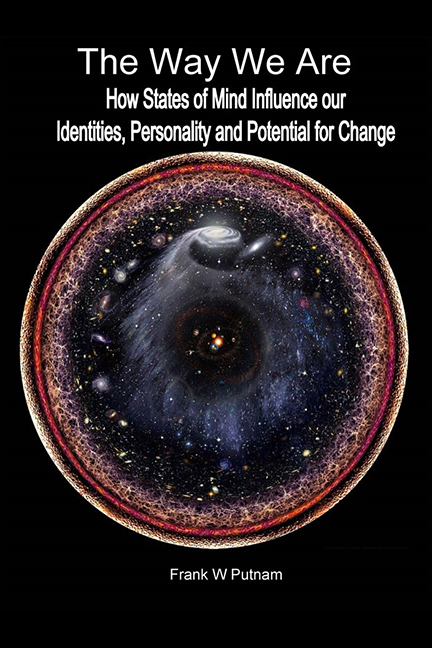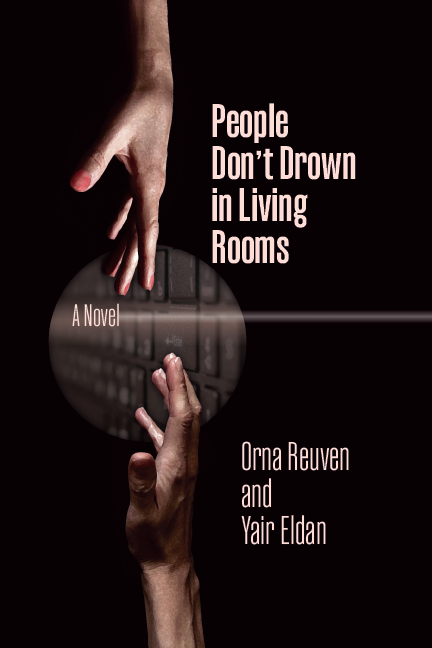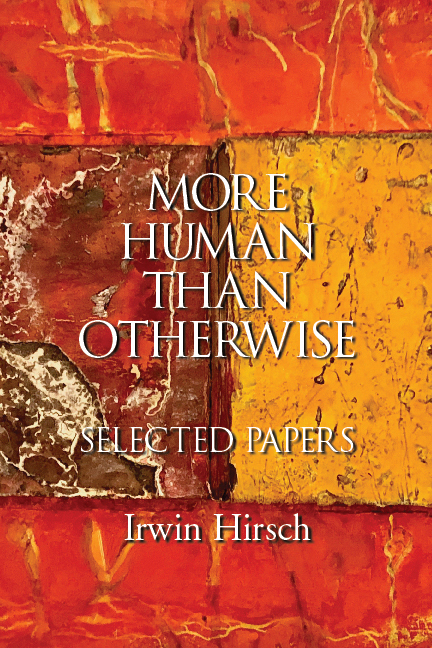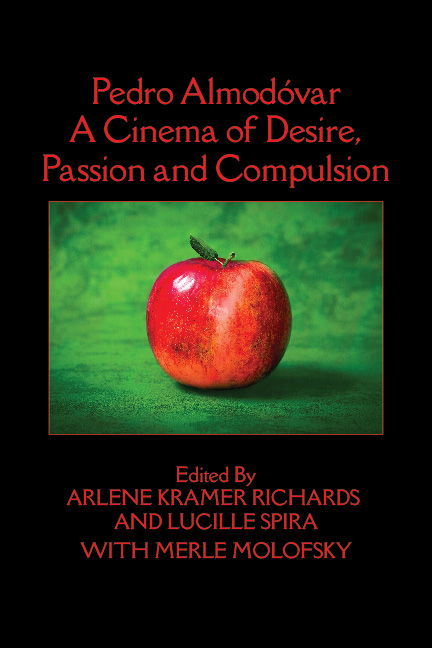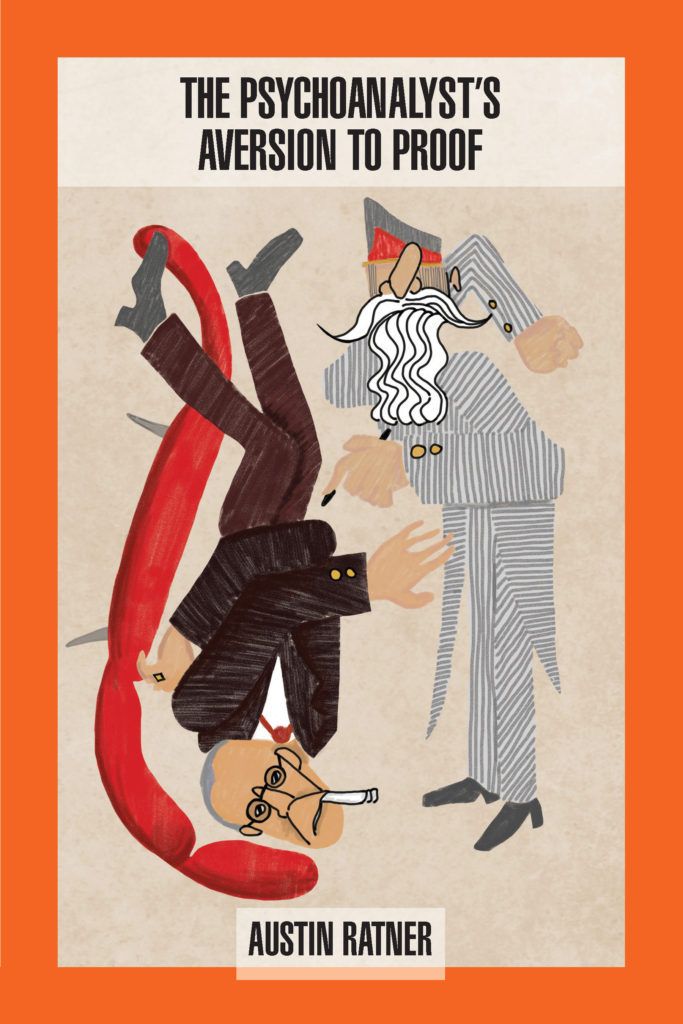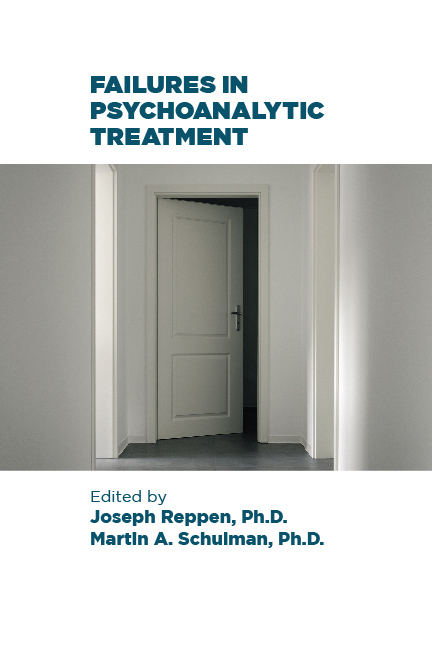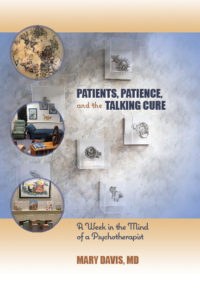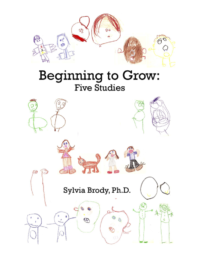The Way We Are: The Role of States of Mind in Our Identities, Personality, and Potential for Change:
Drawing on scientific research from diverse disciplines coupled with his ground-breaking work with dissociative states of consciousness, Dr. Frank W. Putnam describes the psychobiology of states of mind and traces their roles in normal and abnormal mental phenomena from newborns to meditating Zen monks. Challenging readers to scrutinize their own states of mind, he examines the nature and paradoxes of personality such as hypocrisy, secret lives, and religious conversion. PTSD, drugs, addictions, thrill seeking, multiple personality disorder, peak states, epiphanies, meditation, sex, and hypnosis provide further examples of the illumination of a states of mind perspective on behavior and human potential. A Professor of Psychiatry at the University of North Carolina and Emeritus Professor of Pediatrics, Dr. Putnam is an author of over 200 scientific publications related to child maltreatment and maternal depression and two books on the dissociative disorders.
Click Here to Read the Review: The Way We Are: How States of Mind Influence Our Identities, Personality and Potential for Change by Frank W. Putnam. Reviewed by: Pam Stavropoulos on the Psychotherapy and Counceling Journal of Australia website.
Praise for the Way We Are::
Invoking William James, scientist and philosopher, as his spirit guide, Dr. Putnam approaches his subject with both breadth of knowledge and depth of understanding. His unifying concept of “state-spaces” is original and illuminating. Reading this book is altogether a mind-expanding experience.
Judith Herman, MD Author of Trauma and Recovery
The Way We Are: How States of Mind Influence our Identities, Personality and Potential for Change by Frank W. Putnam
Table of Contents Revision (September 6, 2016)
The Sciences of States of Being
Chapter One – On States of Being
Chapter Two – Our First States
Chapter Three – Brain States
Chapter Four – Changing State
The Self and its Proclivities
Chapter Five – Memory & Identity
Chapter Six – Secret Lives: Personality and its Paradoxes
Trauma and Addiction
Chapter Seven – PTSD
Chapter Eight – Dissociation
Chapter Nine – Drugs & Addictions
Opportunities for Change
Chapter Ten – Exceptional States of Being
Chapter Eleven – Using What We Know
Epilogue
References






